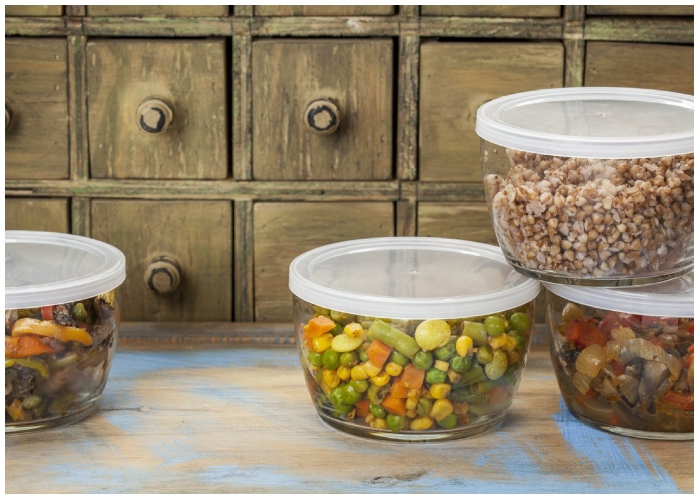What used to be a focus on neat homes and decluttered shelves has now evolved into something deeper. In 2025, the idea of simplifying your life has merged with the need to protect the planet—giving rise to conscious simplicity, a growing lifestyle shift that fuses minimalist values with sustainable thinking.
This new mindset is about more than just owning fewer things. It challenges us to consider: Where did this item come from? Will it endure over time? Can it be reused or repurposed? As concerns about the environment grow and consumer habits shift, more people are finding peace—and purpose—in doing more with less, and doing it thoughtfully.
How It Differs from Traditional Minimalism
Standard minimalism is all about cutting back—clearing space, reducing clutter, and avoiding excess. Conscious simplicity, however, adds another layer: intention. It’s not just what you remove, but why. Every object you own should be functional, eco-friendly, and designed with care.

Rather than tossing things just to “declutter,” conscious simplicity urges us to make better decisions before purchasing at all. That means choosing reusable goods, avoiding wasteful packaging, and thinking beyond immediate use to the full lifecycle of each product.
Fundamentals of Conscious Simplicity
- Choose Longevity Over Volume
Fewer purchases, higher quality. Swap bulk buying for well-crafted items that can last for years. - Prefer Multipurpose to One-Job Tools
Look for things that do double (or triple) duty. Think of a piece of furniture with built-in storage, or a kitchen tool that works across recipes. - Endurance Over Convenience
Skip low-quality, throwaway goods. Invest in pieces that won’t break after a season, especially when it comes to clothing and household items. - Close-the-Loop Thinking
Support products that are refillable, biodegradable, second-hand, or recyclable—anything that keeps waste from piling up.
Living It Day to Day
- Digital Downsizing: Replace multiple gadgets with a single device that functions as alarm, calendar, music player, and notebook.
- Green Cleaning: Opt for eco-friendly cleaning kits that come with refillable bottles and biodegradable ingredients.
- Mindful Wardrobe: Stick to a minimalist closet with timeless staples—made from hemp, organic cotton, or upcycled fabrics—that can be mixed and matched.
- Eco Swaps in the Kitchen: Use mason jars instead of cling film, and switch to reusable beeswax wraps or silicone covers.
- Waste-Free Bathroom: Choose shampoo bars, deodorants in paper tubes, and bamboo toothbrushes over plastic packaging.
Why It’s Taking Off in 2025
Several cultural and environmental shifts are fueling this lifestyle:
- Young people are increasingly prioritizing the planet over possessions.
- Economic pressures are steering people toward fewer but wiser purchases.
- TikTok and Instagram influencers now showcase decluttering stories and minimalist hacks instead of haul videos.
- Supportive online spaces—like swap groups and minimal living trackers—are making this lifestyle more accessible and appealing.
Tools and Brands Helping Lead the Way
- Refill Revolution: Startups offering zero-waste packaging and returnable containers.
- Sustainable Fashion Labels: Companies like Thought and Tentree are leading with transparency and circular production.
- Pre-Owned Apps: Depop, Vinted, and GoodFair are making secondhand shopping mainstream.
- Custom Trackers: Tools like Notion dashboards now help people monitor what they already own and reduce duplicate buys.
Why It’s Worth the Shift
- Smaller Environmental Impact: Less buying equals less trash and fewer resources used.
- Mental Peace: Simpler surroundings lead to less overwhelm and clearer focus.
- More Time: Less stuff means fewer chores and cleaner spaces.
- Budget-Friendly: Fewer purchases often lead to bigger long-term savings.
- Aligned Living: Your home, habits, and values stay in sync.
Choosing conscious simplicity doesn’t mean giving up style, joy, or comfort. It means paying attention—opting for items that matter, last, and fit your values. In 2025, this way of life is redefining success and satisfaction.
So next time you’re tempted by something flashy or trendy, ask yourself: Is it worth the waste? Can I live well without it? That’s the quiet power of this movement—mindful, intentional, and better for everyone.